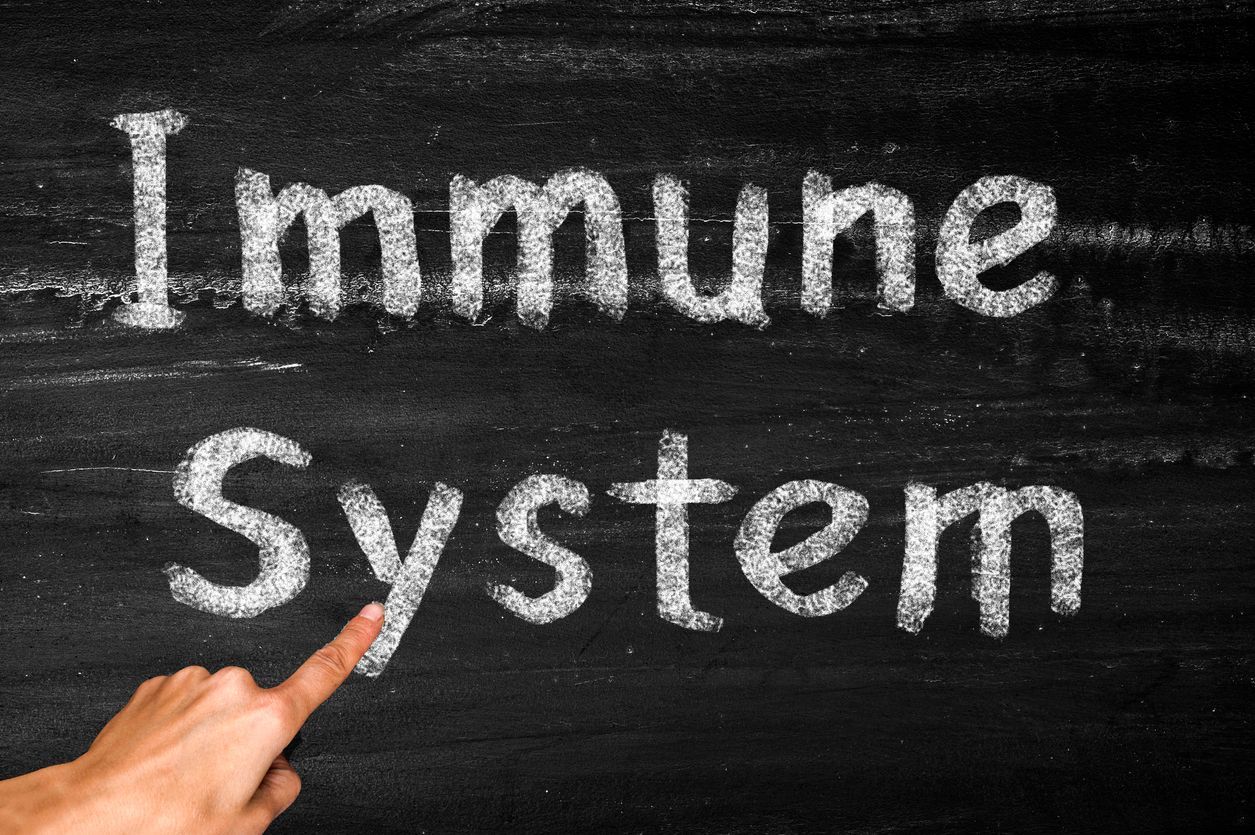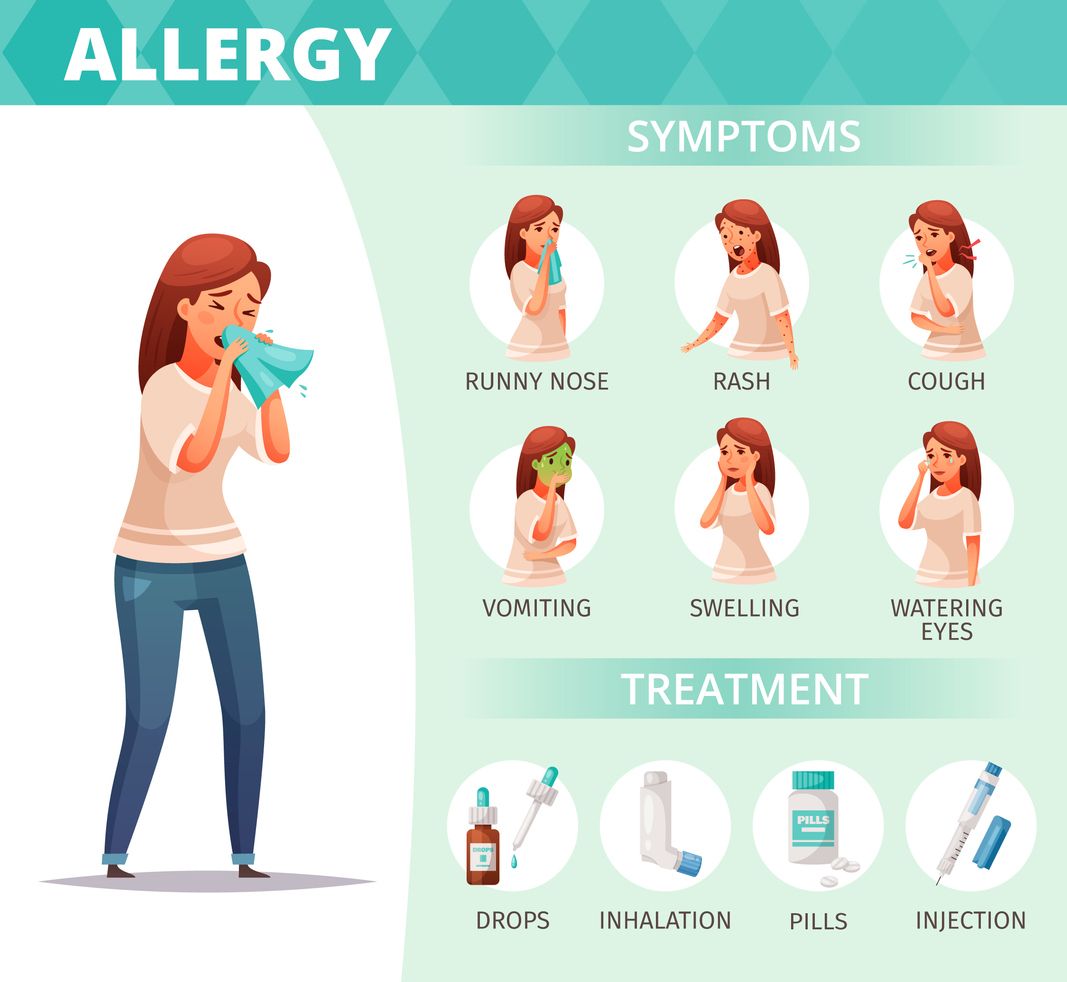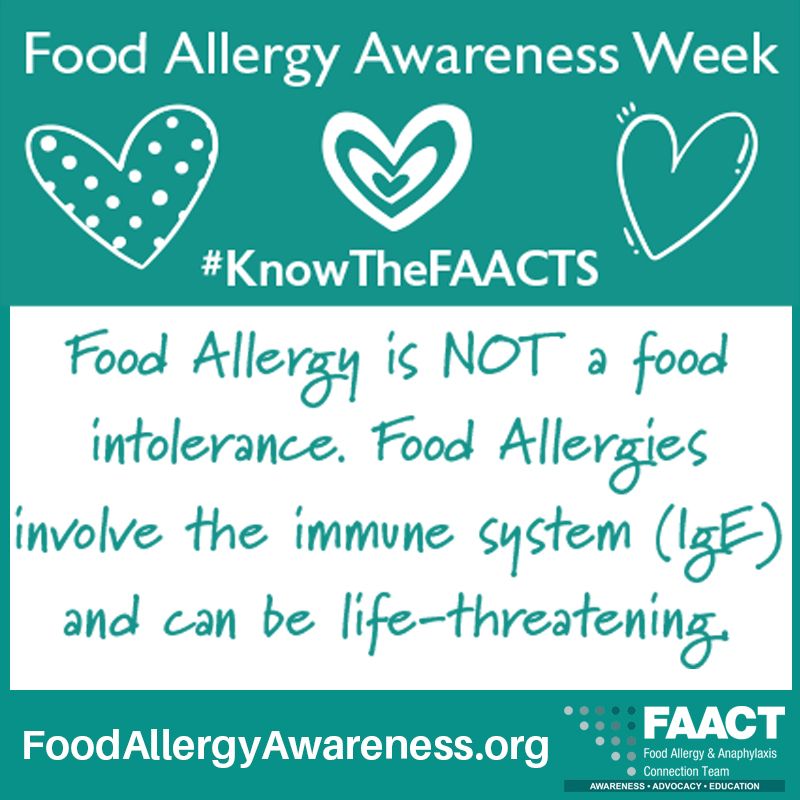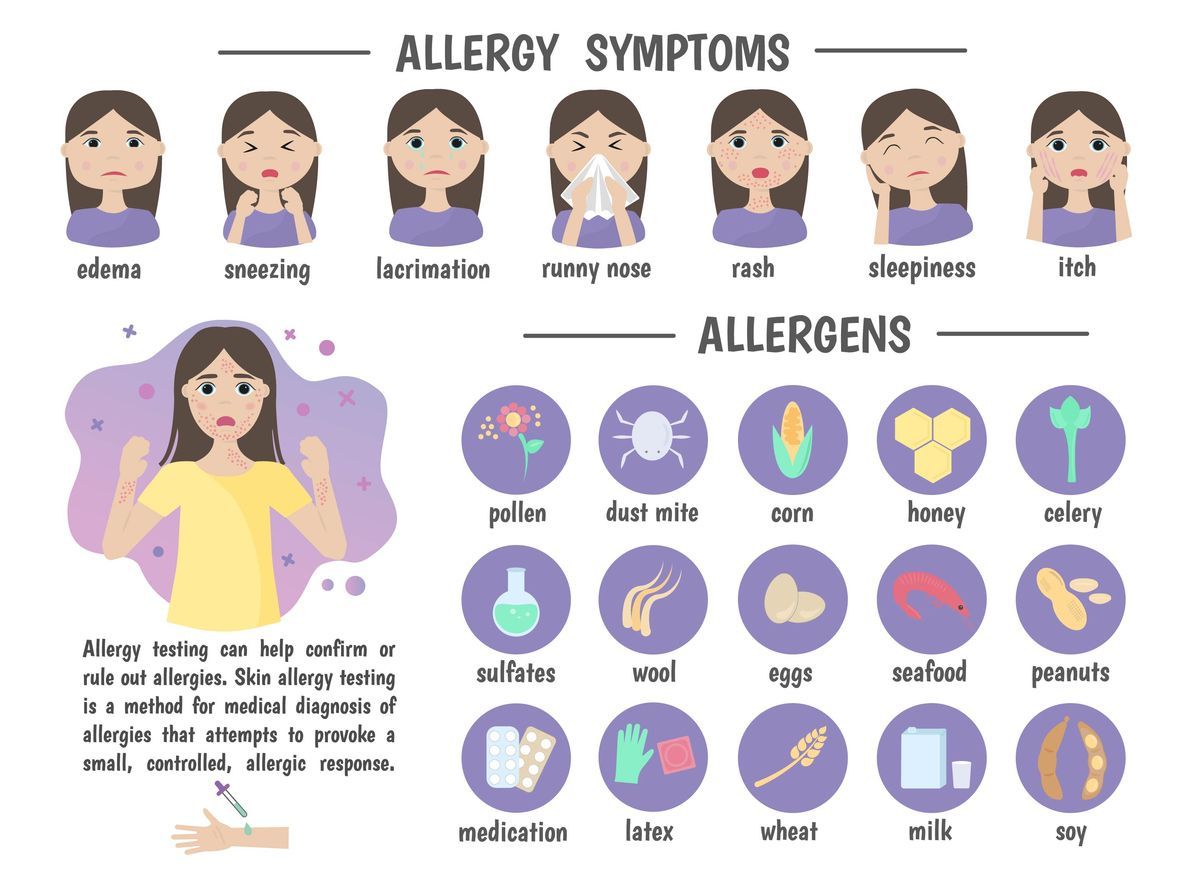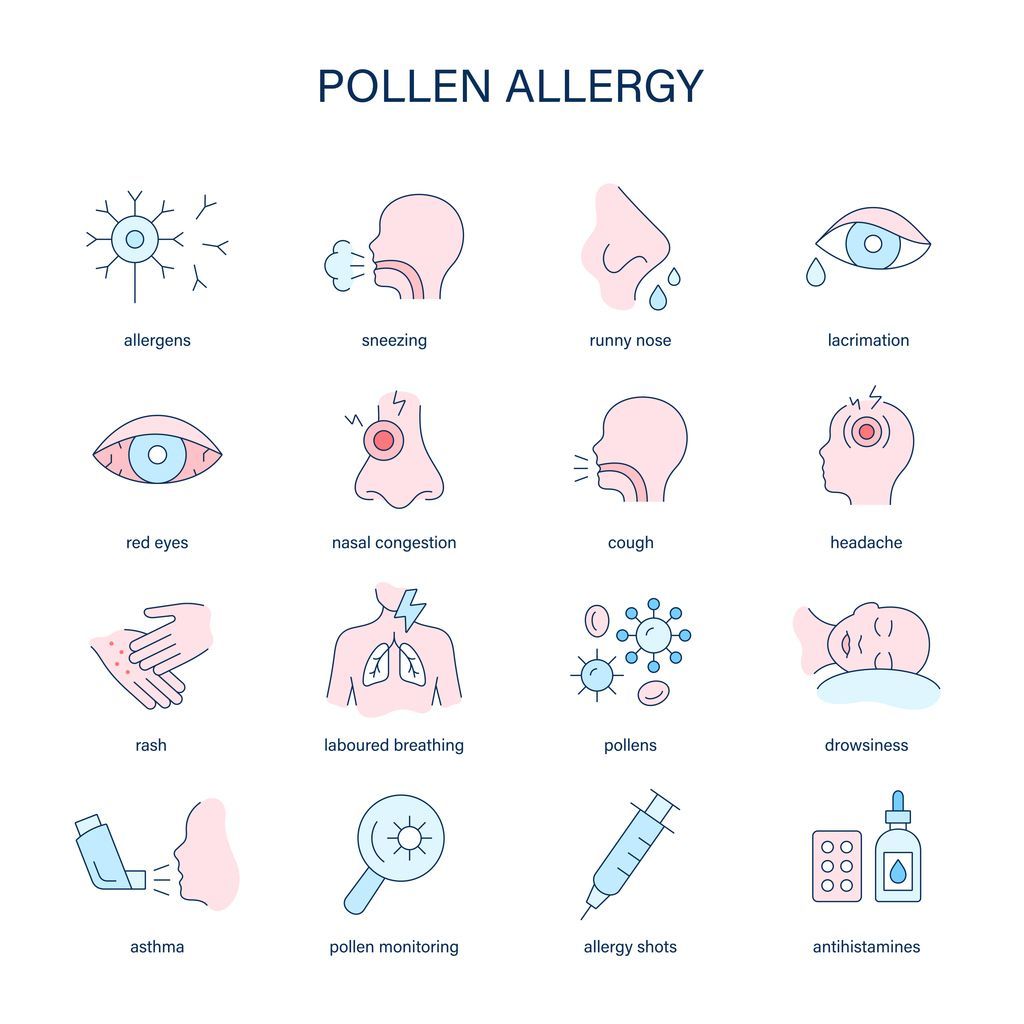What is the difference between eczema and psoriasis?
What is the Difference Between Eczema and Psoriasis?
Eczema and psoriasis are potentially lifelong skin conditions that can cause skin irritation, inflammation, and discoloration. These two chronic rash-like conditions are quite similar and often confused or used interchangeably. However, several significant differences in appearance and symptoms exist that separate them. That said, let’s highlight the key differences between eczema and psoriasis.
What are the Symptoms of Psoriasis?
Psoriasis is a chronic immune-mediated disease that causes red, flaky, and dry skin that piles up in thick patches called plaques. The condition can begin at any age, but it is more predominant in adults between early to late adulthood. Besides the skin, psoriasis can affect other body parts, including the nails, joints, and eyes.
The most common psoriasis symptoms include:
- Thick and raised skin areas
- Scaly skin
- Itchy skin
- Red, gray, ashen, or purple skin patches
- Differently sized raised areas
- Often appearing on the outer knees, belly button, outer elbows, and scalp
What are the Symptoms of Eczema?
Also referred to as atopic dermatitis, eczema is a skin condition that causes patients to break out in irritated, red, itchy, and flaky skin. It is often associated with an allergic reaction and can disrupt sleep, making it difficult to work or school. Unlike psoriasis, eczema often develops during childhood or can begin anytime. Eczema that starts in childhood resolves by adulthood for most patients, but it can be chronic when it begins later in life.
The most common eczema symptoms include:
- Dry, cracked skin
- Itchy skin (pruritus)
- Rashes in skin folds, usually the inner creases of the arms, hands, neck, face, and behind the knees
- Potential for fissures and broken skin
- Darkening of the skin around the eyes
- Oozing and crusting
Types of Eczema
Patients with eczema can suffer from different types, including unique triggers affecting the skin's barrier functions. In addition, children can suffer more than one type of eczema at the same time.
The main eczema types include:
- Atopic dermatitis: This skin condition results in discoloration and itchy rashes that begin from childhood through adulthood. The condition has no cure, but can be managed with proper care and treatment options like prescription medications and creams.
- Contact dermatitis: This often results from an allergic or irritant reaction, causing a painful or itchy skin rash. It often occurs when coming into contact with an allergen or an irritant like a chemical.
- Dyshidrotic eczema: It is the most common type of eczema that leads to itchy skin and blisters. It is often triggered by allergies and frequently moist or sweaty hands and feet, with treatment options being therapies, prescription medicines, and at-home treatments.
- Nummular eczema: This eczema often leads to raised, round spots on the skin, which is itchy, crusty, and occasionally ooze clear fluid. The coin-shaped lesions often respond to treatment but can include episodes after a successful treatment.
- Neurodermatitis: This is a non-life-threatening form of eczema involving scratchy and itchy skin with one or two patches of skin. Also called lichen simplex chronicus, it can occur anywhere on the body, primarily affecting ankles, hands, legs, shoulders, arms, wrists, back of the neck, and legs. The itching can be intense and often comes when the patient is relaxed or trying to sleep.
- Seborrheic dermatitis: This eczema appears as dry, itchy, red, and flaky skin on the scalp and other body parts but with no serious harm. It is a common, non-contagious eczema and easy-to-manage condition that appears and disappears with treatment and flares up with time.
How is Eczema Treated?
While eczema has no cure, numerous treatment options can help ease various symptoms. For children, eczema symptoms can improve naturally as they get older. The most necessary treatments for atopic include emollients (moisturizers) used daily to prevent skin dryness and topical corticosteroids to reduce swelling and skin redness.
Other remedies include topical pimecrolimus or tacrolimus for eczema in sensitive body parts, antihistamines for severe itching, and other effective treatment options dermatologists recommend. Self-care practices can also help relieve eczema symptoms. These include reducing damage from scratching, avoiding triggers, and dietary changes.
Treat your skin today
At Iowa Allergy Clinic, we understand how difficult it can be to distinguish various skin conditions, including eczema and psoriasis. Our team of specialists is highly trained and experienced across different conditions and can help you learn your skin disease and receive the proper treatment method. Book an appointment with us to get started today!


